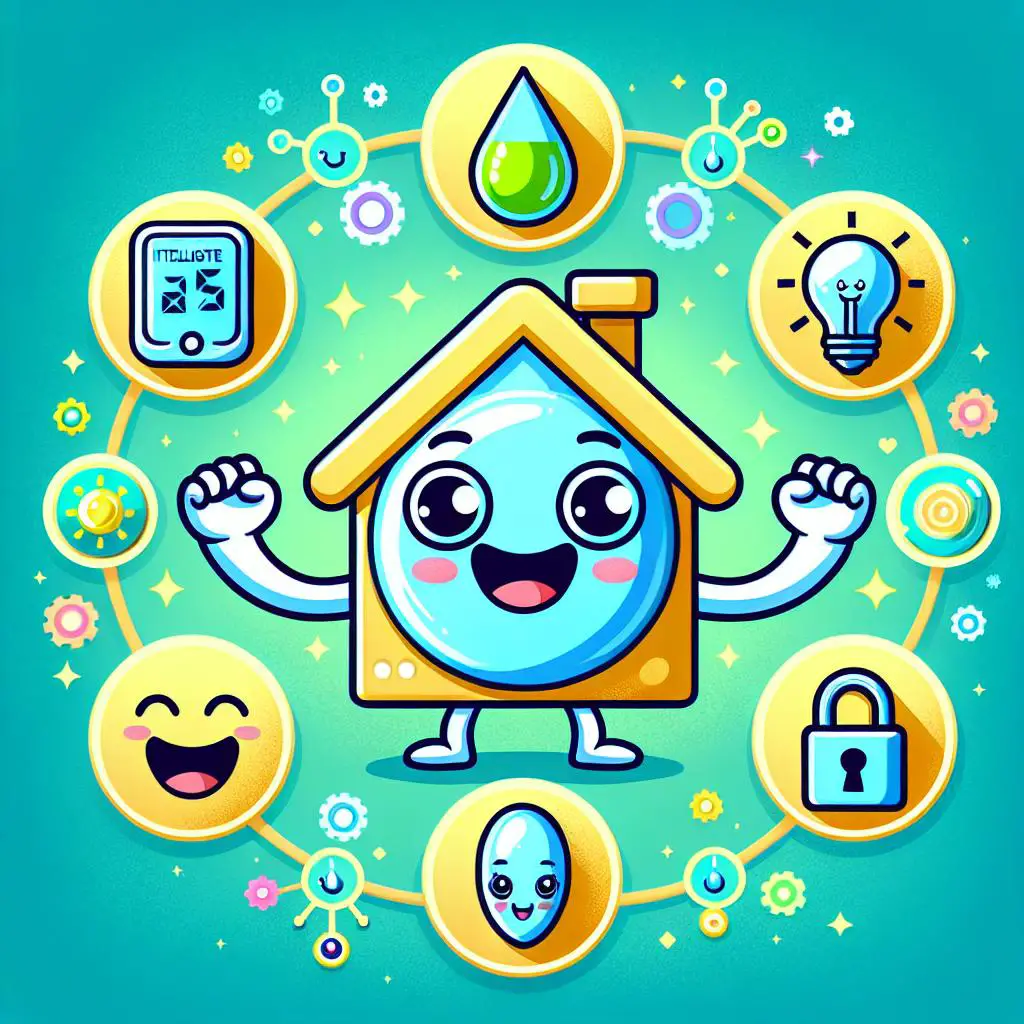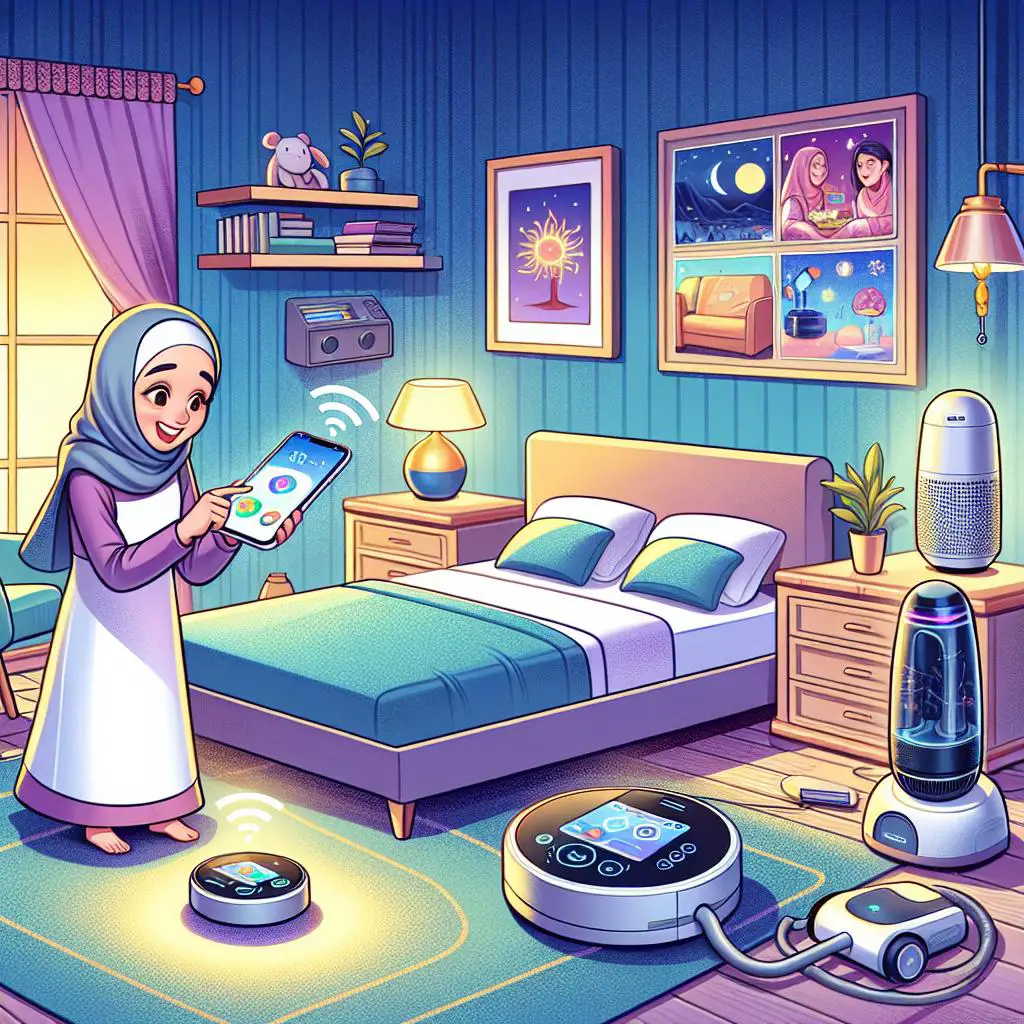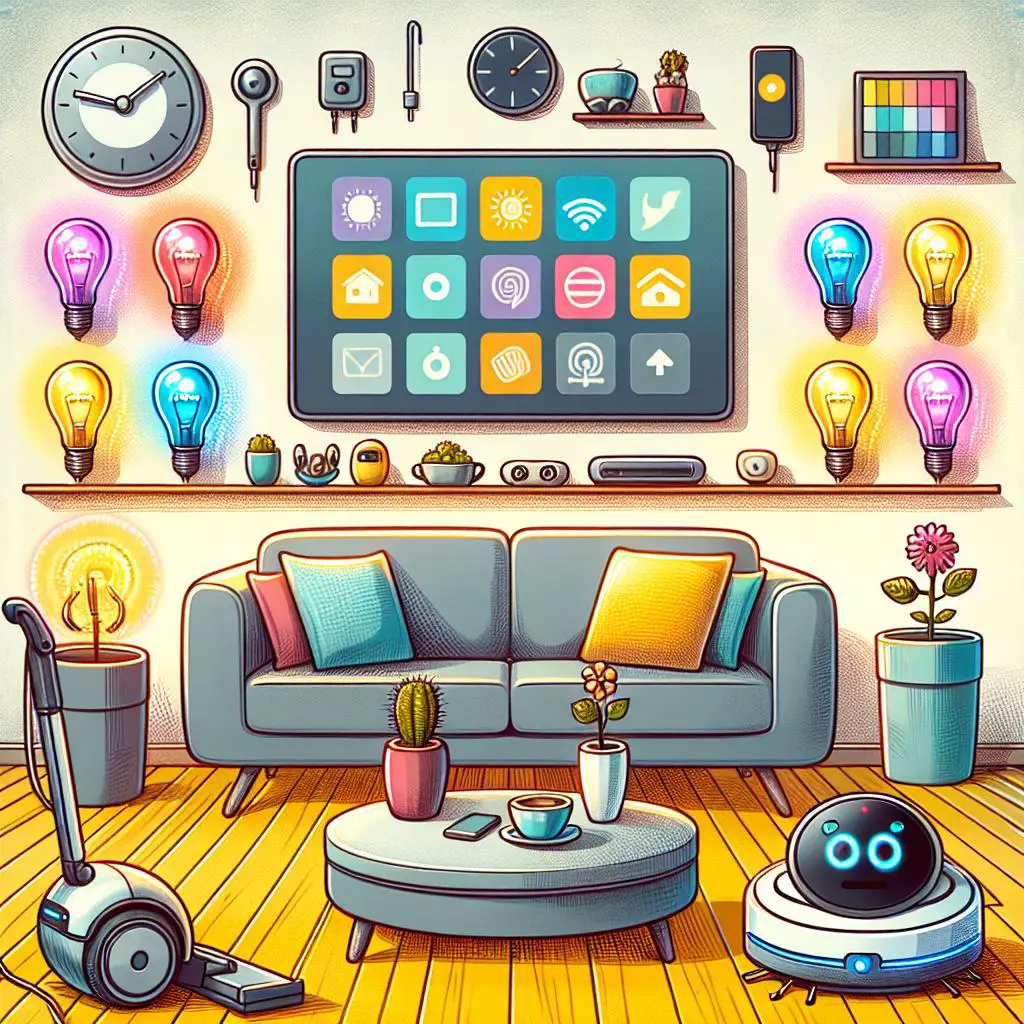In today’s fast-paced world, staying ahead of technology trends is crucial. Smart sensors are revolutionizing various sectors, from home automation to healthcare and beyond. If you’re curious about how these tiny yet powerful devices are enhancing our lives and the environment, this article has got you covered with clear insights and practical examples.
The Role of Smart Sensors in Home Automation
Smart sensors are making our homes smarter and our lives easier. They play a crucial role in managing energy use, beefing up security, and adding convenience. For instance, smart thermostats learn your preferences over time and adjust the temperature to save energy while keeping you comfortable. Security cameras equipped with motion sensors alert you to unexpected activity, offering peace of mind whether you’re home or away. Automated lighting systems, which can detect when a room is occupied, turn lights on and off, further reducing energy consumption.
Smart Sensors in Healthcare
In healthcare, smart sensors are a game-changer. They allow for continuous monitoring of patients without the need for constant manual oversight. Wearable devices that track heart rate, blood pressure, and other vital signs can alert medical professionals to potential issues before they become emergencies. Smart beds in hospitals adjust to improve patient comfort and reduce the risk of bedsores. These innovations not only enhance patient care but also streamline operations in healthcare settings.
Enhancing Industrial Efficiency with Smart Sensors
Industries are also reaping the benefits of smart sensor technology. Predictive maintenance, powered by sensors that monitor equipment, can flag issues before they lead to costly downtime. In quality control, sensors ensure products meet standards, reducing waste and rework. Supply chain optimization is another area where smart sensors make a big difference, tracking inventory levels and environmental conditions to keep goods moving efficiently from production to delivery.
Smart Sensors in Environmental Monitoring
Smart sensors are critical tools for environmental monitoring. They provide valuable data for weather forecasting, helping us prepare for and respond to severe conditions. Pollution tracking sensors inform efforts to improve air and water quality. In wildlife conservation, sensors track animal movements and monitor habitats, contributing to efforts to protect endangered species. These applications of smart sensor technology are vital for disaster preparedness and understanding climate change impacts.
The Future of Transportation with Smart Sensors
The transportation sector stands on the brink of a revolution thanks to smart sensors. Autonomous vehicles rely on sensors to navigate safely, promising to reduce accidents caused by human error. Traffic management systems use sensors to monitor flow and adjust signals in real-time, easing congestion. Infrastructure maintenance also benefits from sensors that detect wear and tear, allowing for proactive repairs. Together, these applications have the potential to make transportation safer, more efficient, and more sustainable.
Smart Sensors in Agriculture
Agriculture is another area where smart sensors are making a big difference. Precision farming techniques, which rely on soil and crop sensors, enable farmers to use water, fertilizers, and pesticides more efficiently. Monitoring soil health helps in making informed decisions that boost crop yields while maintaining the land’s viability. These technologies are key to increasing agricultural productivity in a sustainable manner, ensuring food security for a growing global population.
In conclusion, smart sensors are at the heart of many technological advancements that are making our lives better and helping to protect the environment. From making our homes more comfortable and secure to revolutionizing healthcare, industry, and agriculture, the applications of smart sensors are vast and varied. As we look to the future, it’s clear that these tiny devices will continue to play a big role in shaping our world.


